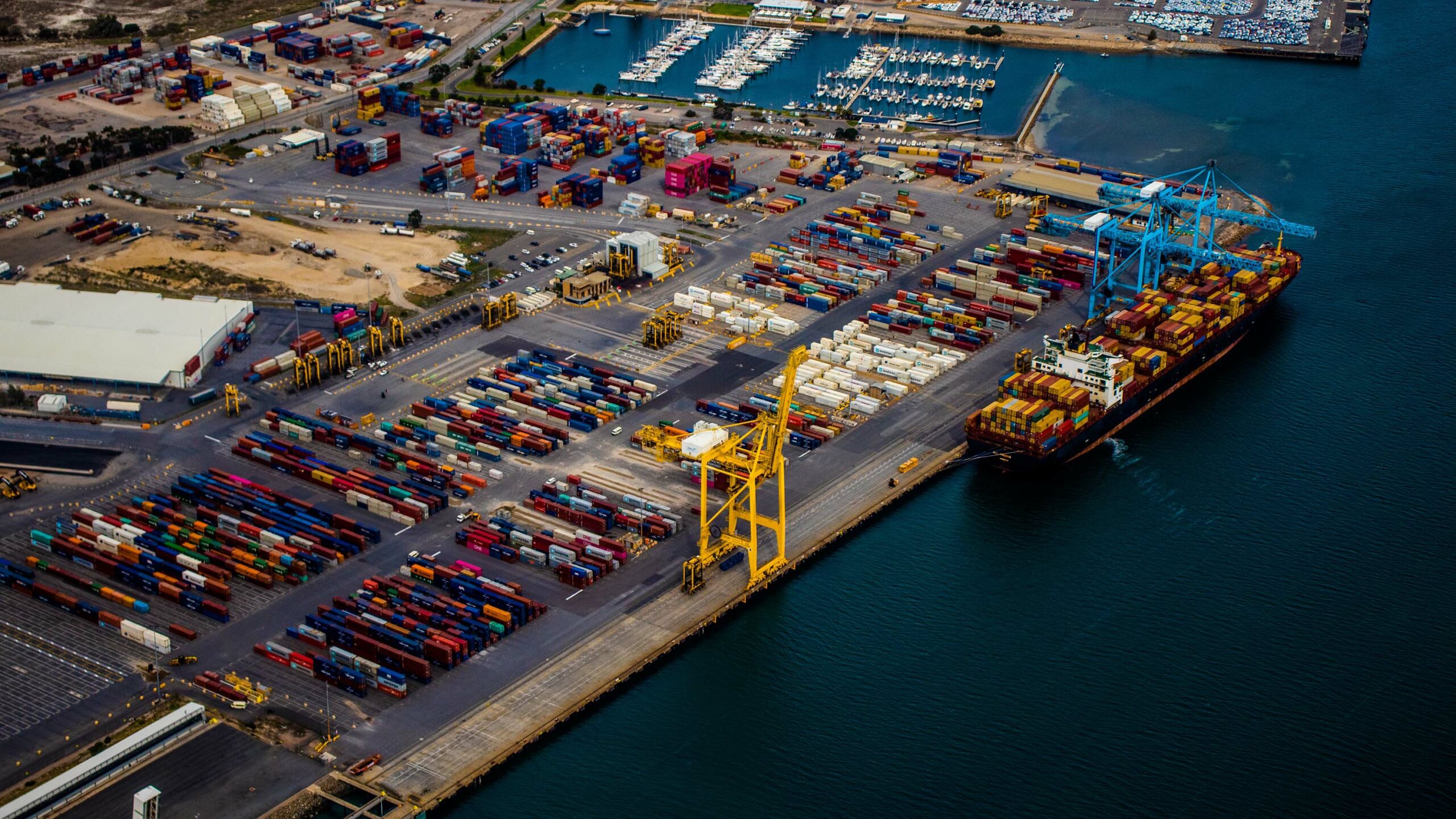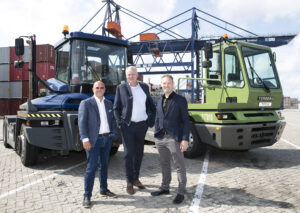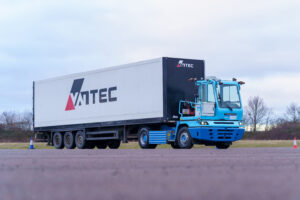The hype around autonomous fleets is growing, and it’s not hard to see why. Smart ports are increasingly turning to the technology as a way of boosting efficiency, reducing environmental impact and creating more opportunities for streamlined operations.
Autonomous fleet technologies offer a range of potential benefits over traditional methods of port operation – from increased safety to improved cargo tracking – that are making them an ever-more attractive option for transportation operations managers looking to stay ahead in an ever-changing industry. In this blog post, we’ll explore the various advantages of using autonomous fleets within smart ports, delving into exactly how they could revolutionise your operations.
Overview of Autonomous Fleet Technology in Smart Ports
As the world continues to advance in technology, the use of autonomous fleet technology is rapidly increasing in smart ports. One of the most popular areas of focus with this technology is that of autonomous trucks. These self-driving vehicles have become a necessary addition to the innovative transformation seen in smart ports. They are built with advanced sensors and systems that provide them the capability to carry out day-to-day activities without the need for human intervention.
Autonomous fleets have widely been adopted in smart terminal transformation to enhance the efficiency of operations and increase the overall productivity of the port. By offering a reliable, cost-effective, and highly efficient approach to container handling, autonomous fleet technology ensures that smart ports stay ahead of the game in this highly competitive industry.
Benefits of Autonomous Fleets in Smart Port
As our world becomes increasingly interconnected, the movement of goods across borders is a crucial component of modern commerce. One way to optimise this process is through Smart Port Autonomous Fleets, which utilise autonomous trucks to transport containers in and out of ports.
This revolutionary technology has many benefits, including increased safety and efficiency, reduced traffic congestion, and cost savings for businesses. By removing the need for human drivers, autonomous trucks can operate 24/7 without rest periods, leading to quicker turnaround times and greater capacity. Smart Port Autonomous Fleets represent a significant step forward in modern logistics, and have the potential to revolutionise global supply chains for years to come.
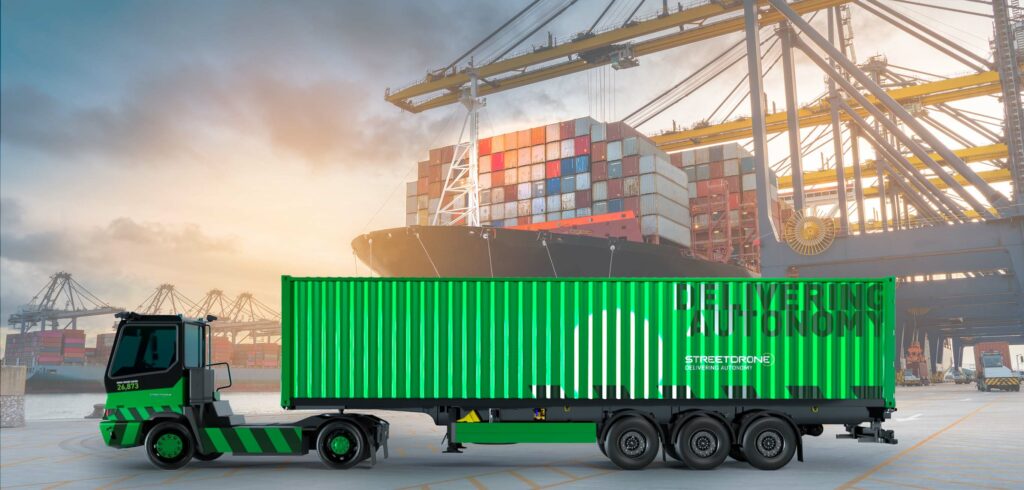
Improved Safety and Efficiency Through Autonomous Fleets
Autonomous fleets are revolutionising the way we move goods across our ports. With advancements in technology, it is now possible to increase efficiency and safety by utilising autonomous container movement. These fleets can be programmed to navigate our ports with ease, optimising their routes to minimise wait times and reduce fuel consumption.
Furthermore, remote driving capabilities allow operators to safely guide these autonomous vehicles in and out of ports, eliminating the risk of accidents and hazardous situations. By incorporating autonomous technology into our fleets, we can expect greater efficiency, increased safety, and a reduction in overall costs.
Cost Savings of Automated Transport in Port Fleets
As port fleets continue to grapple with the challenge of reducing costs, they are increasingly looking to autonomous technology as a solution. Despite the significant costs associated with retrofitting existing trucks or acquiring new, high-tech vehicles, the potential for long-term savings is proving too tempting to ignore.
Electric trucks, in particular, are gaining in popularity because they offer both reduced maintenance costs and lower fuel expenses. Of course, the initial investment for such trucks is steep; however, when considering the long-term benefits and cost savings, many in the industry believe that it is a wise choice. As we continue to move towards a more digitised future, there is no doubt that autonomous transport will play a major role in shaping the port fleet industry.
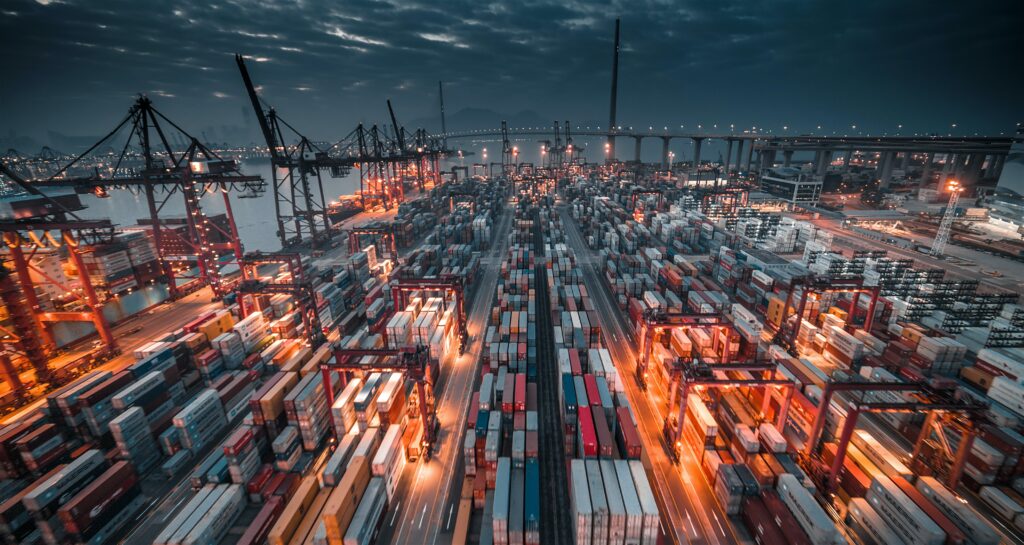
Advantages of Autonomous over Traditional Container Movement
Autonomous tractors have revolutionised the way containers are transported, providing numerous advantages over traditional methods. One major benefit is their ability to operate 24/7, as they do not require rest breaks like human drivers. This reduces transportation time and increases efficiency.
Additionally, autonomous tractors are much safer than traditional container movement, as they are programmed to adhere to traffic laws and avoid collisions. With their advanced technology, they can detect obstacles and adjust their route accordingly.
Another advantage is the reduced operational cost, as autonomous tractors require less maintenance and have lower fuel consumption, leading to significant cost savings over time. In summary, the use of autonomous tractors for container movement results in faster, safer, and cost-effective transportation, making them the ideal solution for companies in need of efficient logistics.
Challenges of Implementing Autonomous Fleets into Existing Systems
As the world is rapidly moving towards technology-driven solutions and automation, the concept of autonomous fleets is gaining traction across various industries. The implementation of autonomous vehicles such as autonomous tractors in agriculture and smart ports in maritime transportation is expected to enhance efficiency and productivity while reducing operational costs. However, integrating autonomous fleets into existing systems comes with several challenges.
One significant challenge is the need to ensure harmonious collaboration between autonomous and human-operated vehicles. The existing infrastructure needs to be upgraded to accommodate the new technology.
Additionally, there are concerns regarding cybersecurity, safety, and legal guidelines that need to be addressed before implementing autonomous fleets. It is imperative that the industry players work closely with regulators and stakeholders to develop robust policies and guidelines to ensure the smooth integration of autonomous fleets into existing systems.
Autonomous fleets are revolutionising the world of logistics and transportation, offering faster, safer, and more efficient ways to transport goods and services.
Smart ports in particular have much to gain from implementing autonomous fleet technology. There are numerous benefits that come with it, such as increased safety, improved efficiency, and cost savings. The advantages over traditional methods of shipment make incorporating autonomous fleets into existing systems a worthwhile endeavour.
However, challenges do exist in this regard since these fleets need to be integrated within existing infrastructure. Nevertheless, they can help bring smart ports development to the next level as they provide reliable tracking capabilities and continuous route adjustments due to real-time sensor data obtained from agents on the ground or through machine learning.
Autonomous fleets deployed in smart ports are sure to be one of the most important innovations for optimising logistics operations in the 21st century – why not get ahead of the curve? Get ahead of the competition by joining us as we continue innovating and driving disruptive change with our autonomous technologies – learn how our autonomous technology can help revolutionise your smart port!

